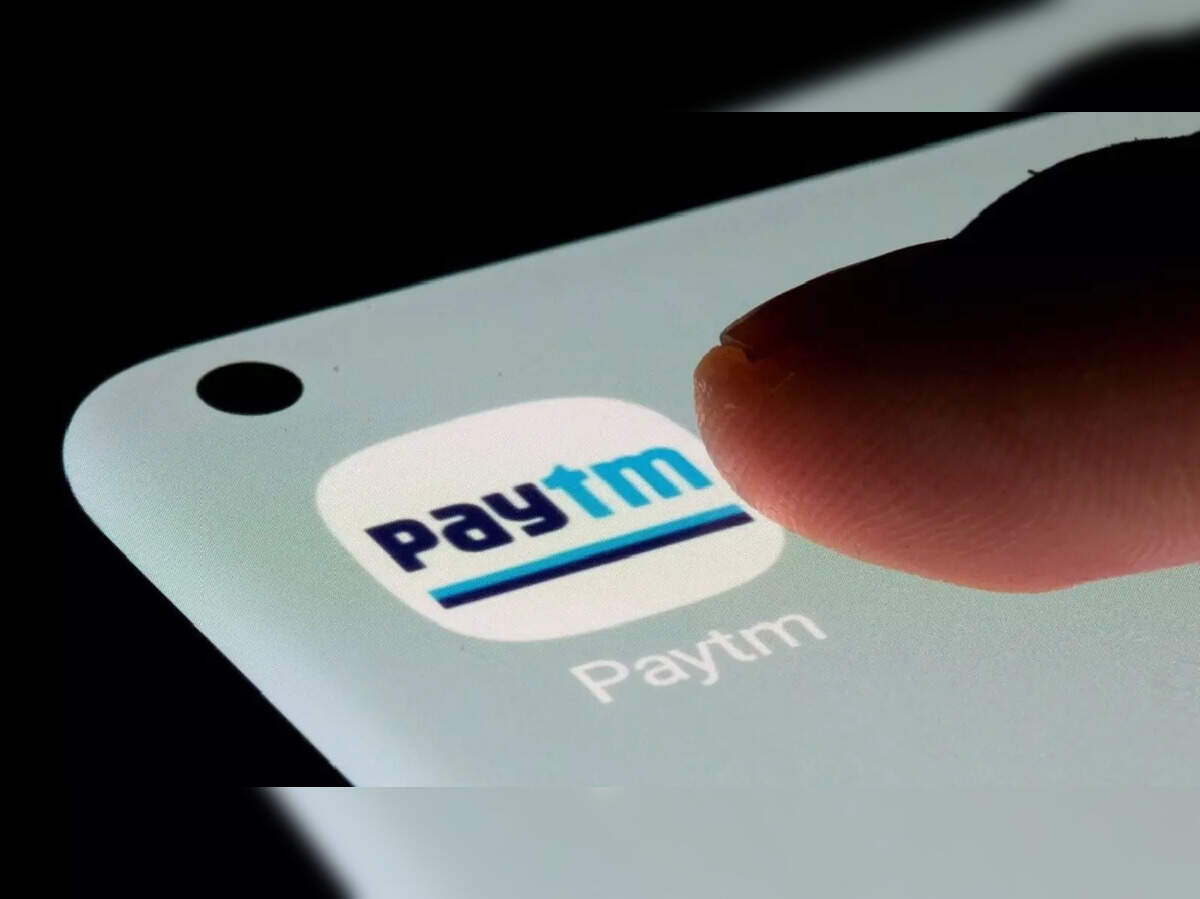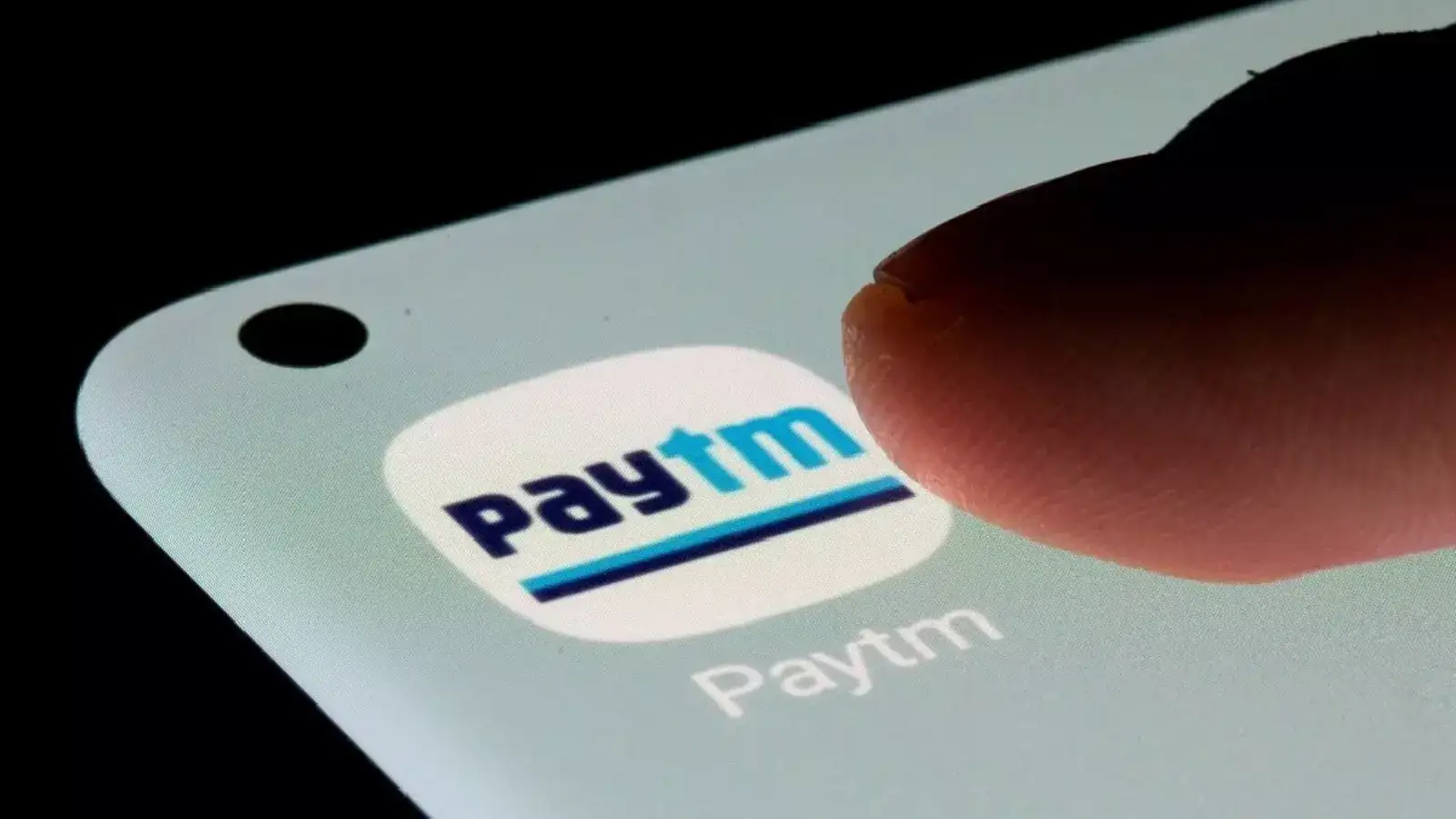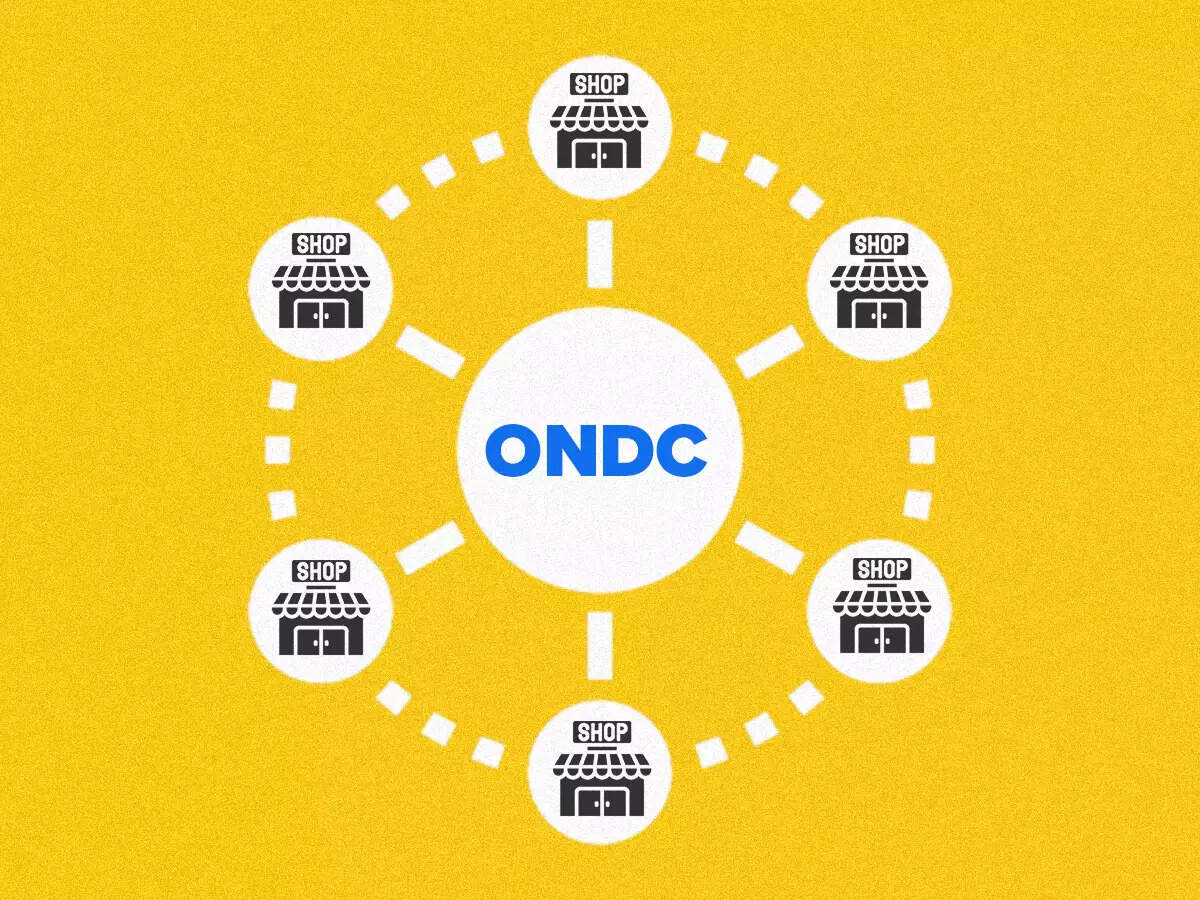The stock has rallied 117% in the past 12 months, compared to a 1.9% rise in the Sensex. It is trading close to its 52-week high of Rs 1,063 per share, seen in mid-December 2024.
The company’s shares touched the Rs 1,000-mark for the first time in six months on Wednesday, during a five-day rally. The stock cooled off in Thursday’s session amid selling pressure.
The counter opened at Rs 1,005.25 apiece on the BSE today, against the previous close of Rs 1,004.50 per share. The stock closed at Rs 999, down 0.55%, against a 0.45% decline in the benchmark Sensex.
What’s driving the rebound?
Paytm has been recovering after being hit by regulatory actions last year. The company got approval from the National Payments Corporation of India (NPCI) last October to restart onboarding Unified Payments Interface (UPI) customers after an eight-month ban. The licence came after the Reserve Bank of India advised the UPI operator to review Paytm’s request to become a third-party application provider (TPAP) and diversify app providers to reduce concentration risk.
Since then, the digital payments platform has been working to add UPI customers through its partner banks: Yes Bank, Axis Bank, HDFC Bank and State Bank of India.
The company is also gradually improving its business metrics, led by healthy momentum in the merchant business, according to brokerage Motilal Oswal. Meanwhile, disbursement volumes and gross merchandise value (GMV) are also growing at a steady rate.
Resumption of customer onboarding, a stable number of monthly transacting users (MTUs), and continued recovery in the financial services business are likely to drive healthy growth in revenues for Paytm, analysts at Motilal Oswal noted.
Paytm’s parent saw its consolidated net loss slightly narrow to Rs 540 crore in the three months ended March 2025, from a Rs 550 crore loss in the same quarter last year. The company had stated that its bottom line, without exceptional losses, is at a breakeven point. For the March quarter, Paytm recorded exceptional losses of Rs 522 crore, including a one-time Esop cost of Rs 492 crore.
Paytm’s Esop cost is expected to drop to Rs 75 crore in the June quarter, from Rs 169 crore in the March quarter. The company said it achieved an operational profit of Rs 81 crore, after excluding Esop costs, in the March quarter.
Operational revenue declined 16% year-on-year to Rs 1,912 crore in Q4FY25 from Rs 2,267 crore a year ago. The company is scheduled to post its financial results for the June quarter on July 22.
Paytm has expressed strong confidence in its merchant loan distribution business, where it assists with both distribution and collection.
The company has now begun providing a Default Loss Guarantee (DLG) for select portfolios with specific lenders. This move, according to Paytm, will help expand its merchant base and enhance its financial services revenue in the long term.
Despite factoring in the cost of DLG, Paytm’s contribution margin (excluding UPI incentives) has grown to 54%, on improved payment processing margins and rising high-margin financial services income. The company expects these margin trends to continue. Contribution margin refers to the revenue left with a payments platform after deducting variable costs for processing the transactions.
Also Read: Cash may return as king as small vendors shun UPI




